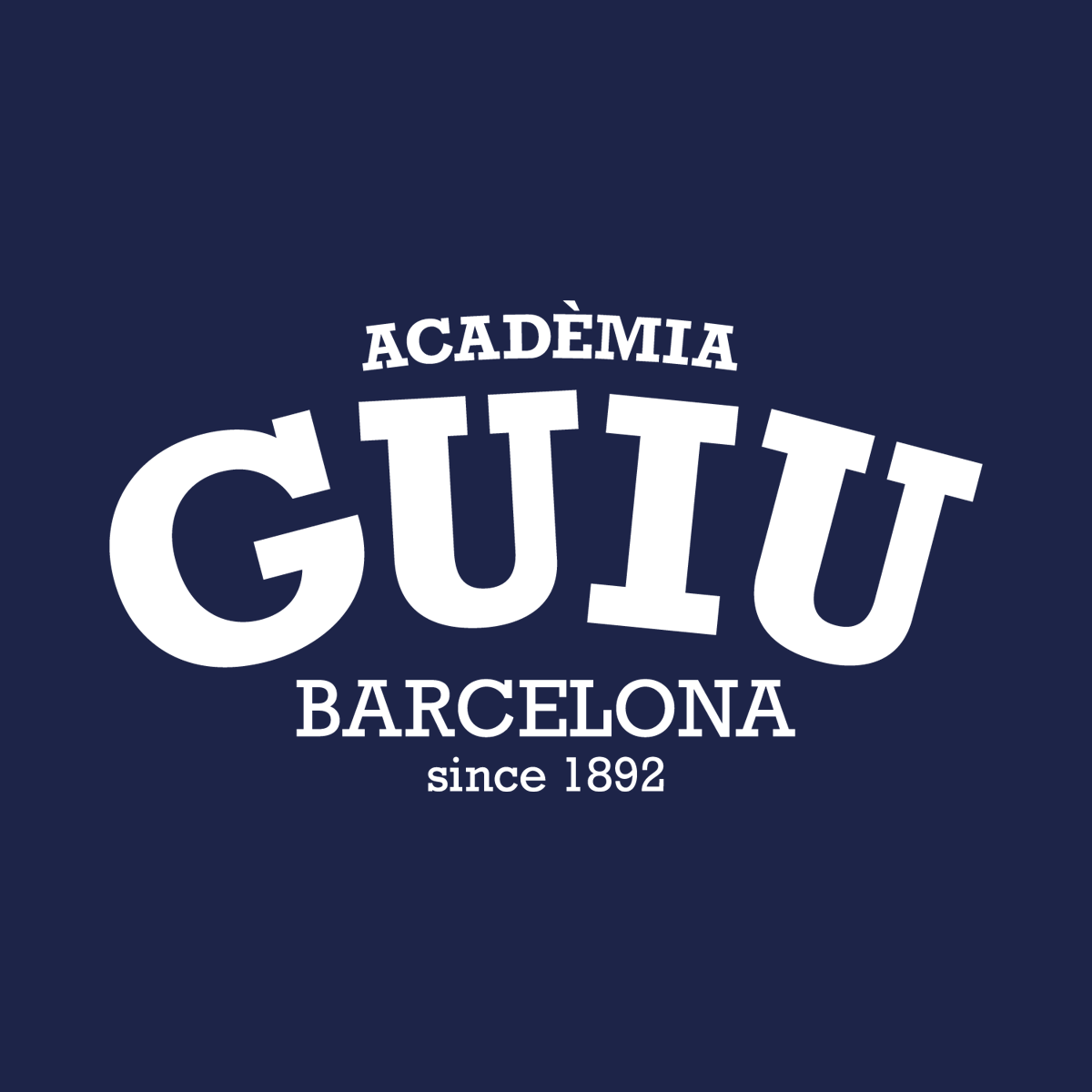Higher education in Spain is the dream of thousands of students, but before starting classes at your favorite university, you have to overcome an essential obstacle: Selectivity.
However, did you know that there are two main ways to do this depending on your academic background?
If you are a national or international student, this article will clarify everything about the EBU and the UNED PCE, because choosing the right path is as important as reaching the goal.
EBAU: For the brave of the National Baccalaureate
If you have completed the Baccalaureate in Spain, your adventure towards university passes through Evaluation of the Baccalaureate for Access to the University (EBAU). This exam, feared but fair, evaluates your knowledge in subjects such as Spanish Language, History and a specific subject according to the branch of your choice.
The EBAU is divided into two phases:
- General Phase: Mandatory, covers common subjects and guarantees a solid foundation.
- Specific Phase: Optional, to improve your final grade and stand out from other candidates.
It is a challenge, but with good preparation, anything is possible. This is where a good intensive course for the Selectivity makes the difference.
Did you know that Guiu Academy has been training students to successfully pass this test for more than 130 years? The passing percentage doesn’t lie!
UNED-PCE: The master key for foreigners
If you have completed your secondary education outside of Spain, you have to face the Specific Competence Tests (PCE), organized by UNED. How are they different from the EBAU? In almost everything.
These tests are designed to evaluate your skills in specific subjects, depending on the career you want to study and the requirements of each university.
Some quick facts about PCEs:
- You can choose between 2 and 6 subjects.
- The subjects depend on what the universities consider most relevant to your career.
- The result combines your international qualifications with the PCE grades, calculated by the UNED grade calculator.
The focus here is not to study “everything”, but to study “well.” An annual Selectivity course for foreigners It will help you master key subjects and adapt to the exam format.
EBAU vs. PCE: What makes you unique?
Still confused? Here’s a quick comparison, so you can visualize it better:
| Features | EBU | PCE (UNED) |
| For whom? | Students with National Baccalaureate | Students with a foreign Baccalaureate |
| Number of subjects | 4 mandatory + 2 optional | From 2 to 6 specific subjects |
| Organizing entity | Spanish universities | UNED through UNEDasiss |
| Final qualification | 60% Bachillerato + 40% EBAU | Combination of notes and PCE |
Each test is adapted to the needs of its target audience. And don’t forget that your effort translates into extra points that could be decisive in reaching the cut-off mark.
A curious fact: Spanish as an extra challenge?
For many international students, passing the PCE is not only a matter of academic knowledge, but also of language.
This is where our private Spanish classes in Barcelona.
Improving your command of Spanish will not only help you understand the exams better, but also integrate into the Spanish university environment. It’s a two for one!
What is your path?
The choice between the EBAU and the PCE does not depend only on your academic background, but also on your objectives. Are you prepared to compete for your university place?
In the Guiu Academy, we offer specialized programs for both tests. From day one, you will have the support of an expert team who will guide you every step of the way.
And remember, if you have questions or need advice, Contact us. We are here to help you take the step that will change your future.
Frequently asked questions about EBAU vs. UNED-PCE and how to choose the right university access path
What should I do if I don’t know whether to take the EBAU or UNED-PCE?
It depends on your academic background. If you studied in Spain, you’ll usually take the EBAU. If your studies were abroad, you’ll likely need to validate your diploma and prepare for the UNED-PCE.
Can I prepare for both the UNED-PCE and the EBAU at the same time?
Technically yes, but it’s not recommended. Each test is different. It’s best to focus on the right path for you and join a specialized Selectividad course like those at Academia Guiu.
Which course should I choose if I have an international high school diploma?
You should enroll in a UNED-PCE course for international students. These are tailored to your country of origin and the Spanish university admission system.
Is the UNED-PCE easier than the EBAU?
Not necessarily. Both exams require preparation. At Academia Guiu we offer annual and intensive courses adapted to each format.
Which subjects matter most for the UNED-PCE?
It depends on the degree you want and your country. In our UNED-PCE courses, we help you choose the highest-weighted subjects for your application.
Do I need private lessons if I’m taking an annual EBAU course?
They’re not required, but private lessons can help strengthen subjects like math, language or history.
Can I enter a Spanish university without doing the EBAU or UNED-PCE?
In most cases, no. These are required unless you come from a recognized alternative (e.g. vocational training). Always check with the university or Academia Guiu.
Do public universities in Spain treat the EBAU and UNED-PCE equally?
Yes. Both are valid pathways. What matters is meeting the entry requirements and validating your diploma correctly.
What are my options if I don’t get the score I need?
You can retake the exam, take intensive courses or private lessons, or enroll in a degree with a lower cut-off and transfer later.
Where can I get help with diploma validation?
At Academia Guiu we offer full support for foreign diploma validation and academic orientation to access Spanish universities.


Comentarios recientes